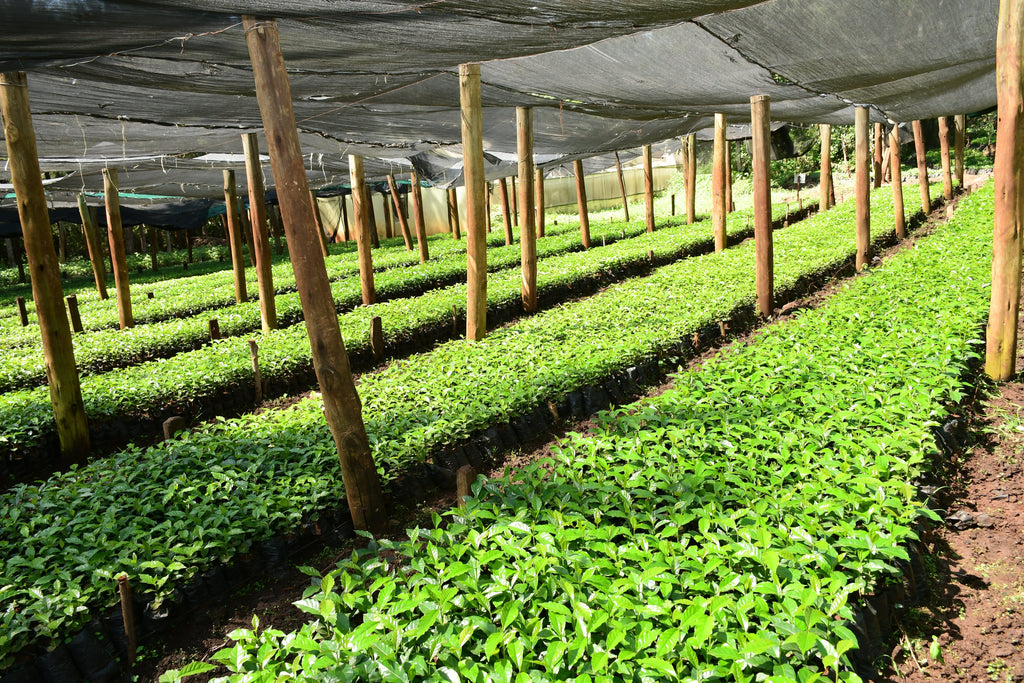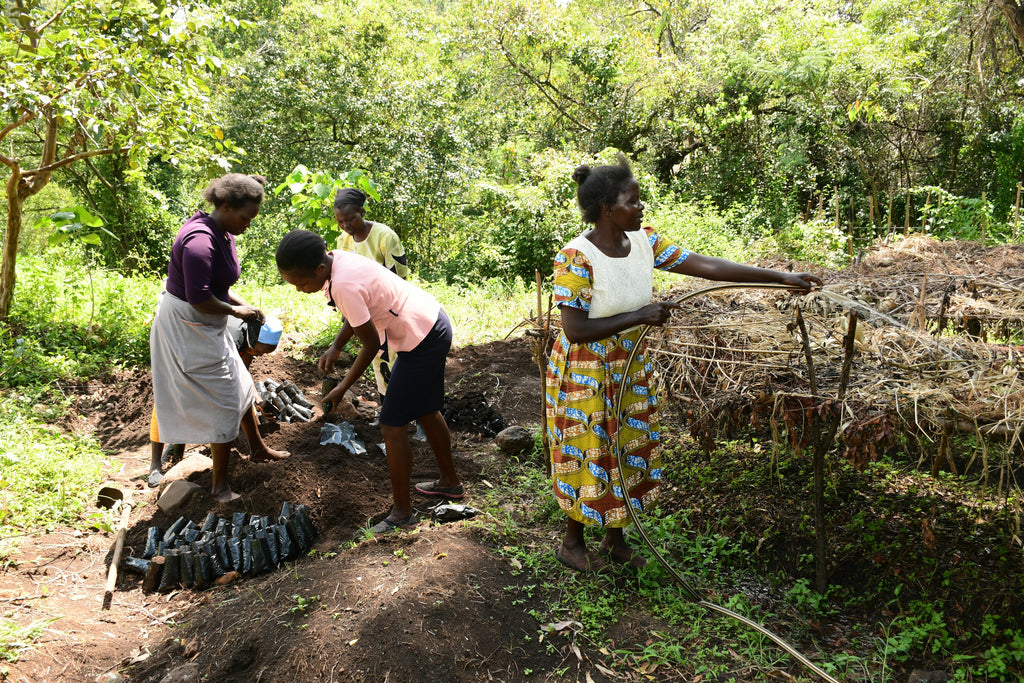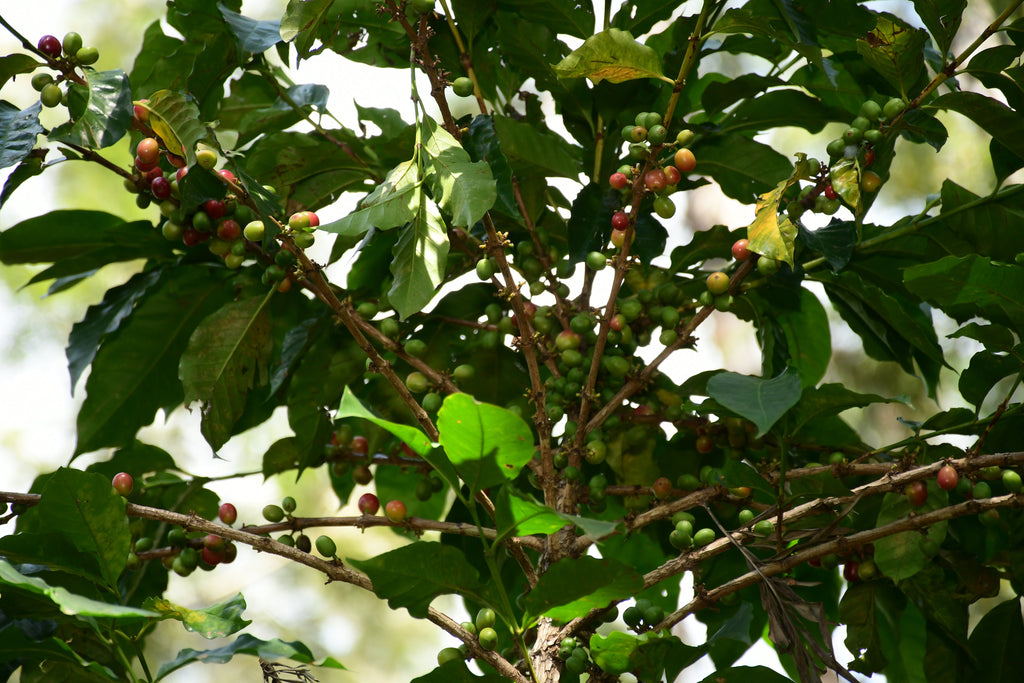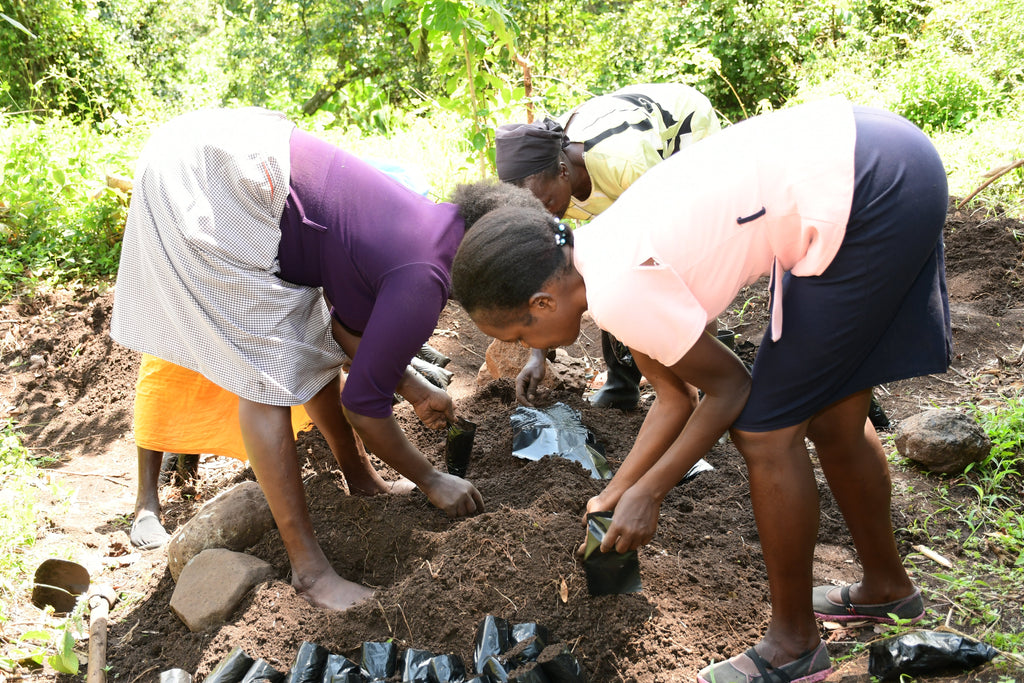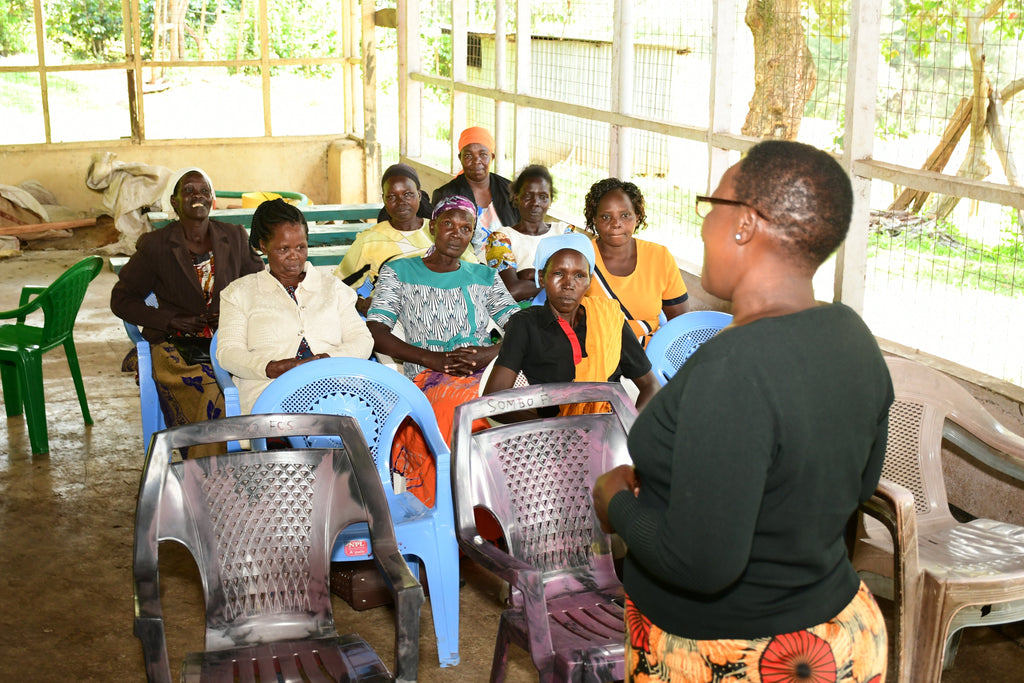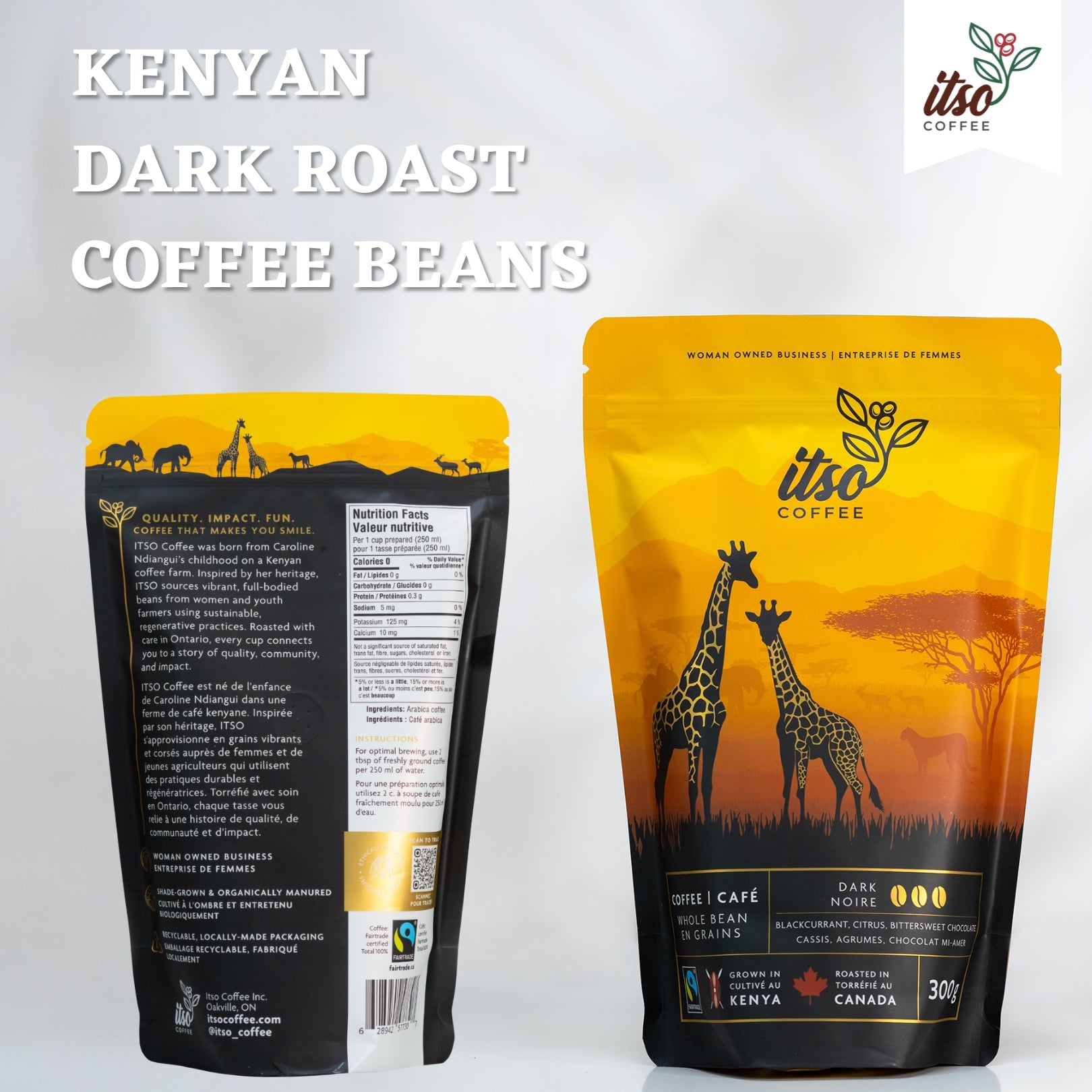
Direct Coffee Trade: Why It Matters for Consumers Part 2

Quality and Transparency in Your Coffee Cup

Tracing the origin of your morning brew becomes vastly more insightful within the parameters of direct trade. In the United Kingdom, coffee aficionados no longer have to speculate about the harvest that fills their cart; they possess a clear line of sight to the rural niches where their coffee is born. The symbiotic relationships forged through this business mode enable companies to ensure the caliber of their product, benefiting from the dedicated care given to each aspect of cultivation. Every purchase, made with the swipe of a debit card, reflects a choice for superior quality, underscored by a transparency that connects the consumer directly to the grower's toil and triumphs.
Traceability of Your Morning Brew’s Origin

Traceability is akin to a tapestry, revealing the intricate journey of your espresso from seed to cup, an experiment in both accountability and flavor. Each sip provides not only the warmth of a well-crafted beverage but also assurance of a living wage for those who tended to the coffee throughout its growth and harvest. Customary barriers fade, as trade agreements in direct coffee trade foster a global community where the origins of your morning brew are as clear as the beverage itself.
The depth of flavor in your cup is matched by the depth of the story behind it - a narrative that's accessible because of the traceability direct coffee trade provides. With customs and conventions of traditional business practices set aside, drinkers have the unique privilege to engage with the product's history, assuring that each espresso shot is as ethically sourced as it is richly aromatic.
Superior Quality Beans Through Closer Relationships

When consumers indulge in counter culture coffee, they're not just enjoying specialty coffee; they're engaging with a product borne from strengthened relationships between buyers and growers. By prioritizing direct purchase, roasters can communicate their precise needs, leading to the cultivation of beans that meet high standards, destined for discerning espresso machines.
Such care in direct trade represents both a property of excellence within the beans and an investment in the livelihoods of coffee farmers. With the assurance of superior quality, coffee aficionados can treasure each cup, knowing it underscores the successful partnerships that yield exceptional taste and sustainability.
Environmental Impacts of Choosing Direct Trade Coffee

Direct trade in the coffee industry not only supports fair compensation and transparency but also contributes to significant environmental benefits. By streamlining the supply chain, there's a marked reduction in the carbon footprint of coffee, as the decrease in the number of middlemen translates to fewer transport stages and energy use, leading to both ecological and financial savings. In tandem, this approach champions the preservation of biodiversity in the lush habitats that coffee plants call home; indeed, consumers become part of a movement that values ecological diversity as much as the beans in their cups. Savvy shoppers and coffee intelligentsia alike are increasingly attuned to the language of sustainability, seeking out brands that demonstrate a true commitment to the environment, which, in turn, prompts an encouraging dialog within the wider coffee community and empowers each employee in the supply chain to become stewards of the earth.
Reducing Carbon Footprint Through Fewer Middlemen

By engaging with farmers directly, coffee businesses significantly reduce their reliance on an intricate web of distributors. This practice means fewer journeys are needed to transport the harvest from the rainforest to the retailer, thereby diminishing the carbon emissions associated with the movement of goods and services.
Eradicating excess stages in the transaction process not only conserves energy but also streamlines the exchange. When consumers buy directly from producers, the use of technology, such as JavaScript for secure online payments, enhances the efficiency of these direct interactions, contributing to a healthier planet.
Supporting Biodiversity in Coffee Growing Regions

The commitment to direct trade coffee extends beyond the financial benefits of economy and money, reaching into the very soil of coffee-growing lands. In regions like Colombia where coffee is a cultural staple, the stability of direct trade agreements shields farmers from the volatility of global market prices, allowing them to earn a sustainable wage and invest in biodiversity-friendly farming practices.
By focusing on a fair exchange where growers receive a dependable wage, they're empowered to maintain the ecological richness of their land. This transition to direct trade underpins the harmony between agriculture and nature, fostering a thriving habitat for native flora and fauna, undisturbed by the unpredictability that often accompanies traditional trading methods.
Ethical Considerations for Conscious Consumers
In the multifaceted universe of the coffee industry, the discourse frequently shifts towards the ethics of consumption and production. Conscious consumers are increasingly thrusting social justice into the limelight, scrutinizing the paths their favorite beans traverse before undergoing the transformative process of coffee roasting. This advocacy drives a robust and equitable culture of negotiation between coffee purveyors and growers, ensuring credit is given where it is due. As these ethical considerations gain momentum, people can exert influence through informed decisions about the goods they purchase and support. Direct deposit payments to farmers provide reliability, fostering a more balanced distribution of profits and amplifying the value of fair interactions within the coffee sector.
Promoting Social Justice in the Coffee Industry
Direct coffee trade champions the cause of social justice in the industry by establishing equitable partnerships that often lead to enhanced support for organic coffee initiatives. Farmers, especially those in regions like Alberta, are afforded the opportunity to resist the pressures of mass production which can lead to excessive greenhouse gas emissions and degrade the quality of the coffee.
Embracing technology within this framework, consumers and vendors alike directly contribute to a reduction in greenhouse gas emissions by minimizing complex distribution chains. Such advancements not only propel the popularity of direct and organic coffee but also spotlight the pivotal role of the coffee industry in advocating for social justice through environmentally conscious decisions.
Making Informed Choices as a Consumer

Your interest as a consumer does more than satisfy a craving for a delicious cup of coffee; it impacts the global coffee community. By choosing direct trade coffee, you're often opting for a product where growers receive fair compensation, enabling them to provide things like health care and employee benefits, creating a robust production environment where wellbeing is prioritized.
Consumers who inquire about the origin of their coffee, insistent on high-quality exports and exceptional customer service, reinforce a healthy market ecology. Your conscious decision to support direct trade serves as a resolute stand for ethical practices throughout the coffee industry.
Direct coffee trade enriches consumers' coffee experiences by ensuring quality and fostering transparency from farm to cup. By choosing direct trade, consumers support fair compensation and better living standards for producers. This practice promotes sustainable farming, contributing to environmental conservation and biodiversity. Ultimately, consumers' informed choices in favor of direct trade amplify a global commitment to ethical consumption and social justice within the coffee industry.




